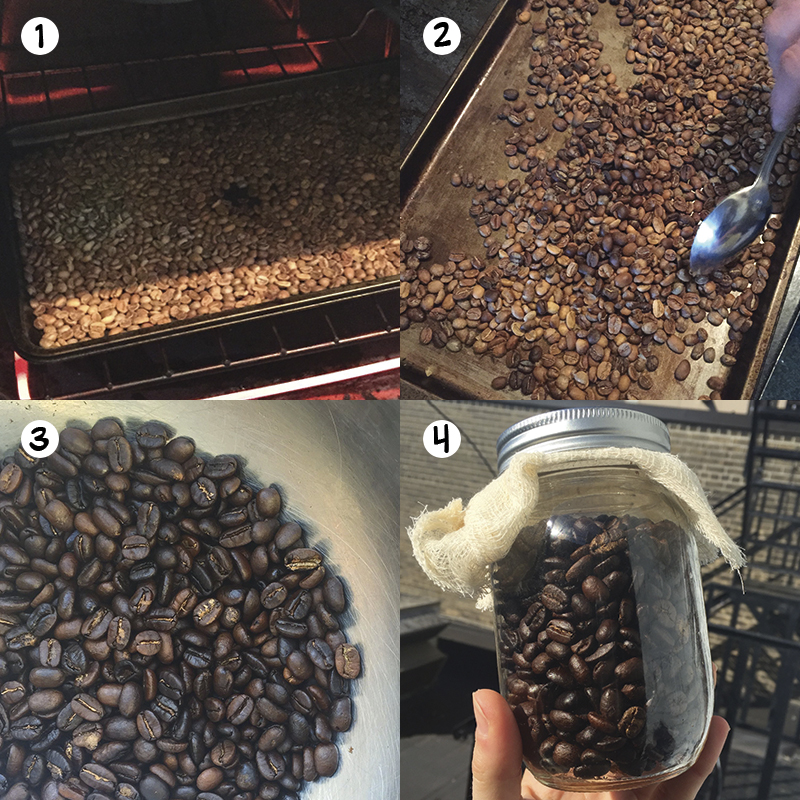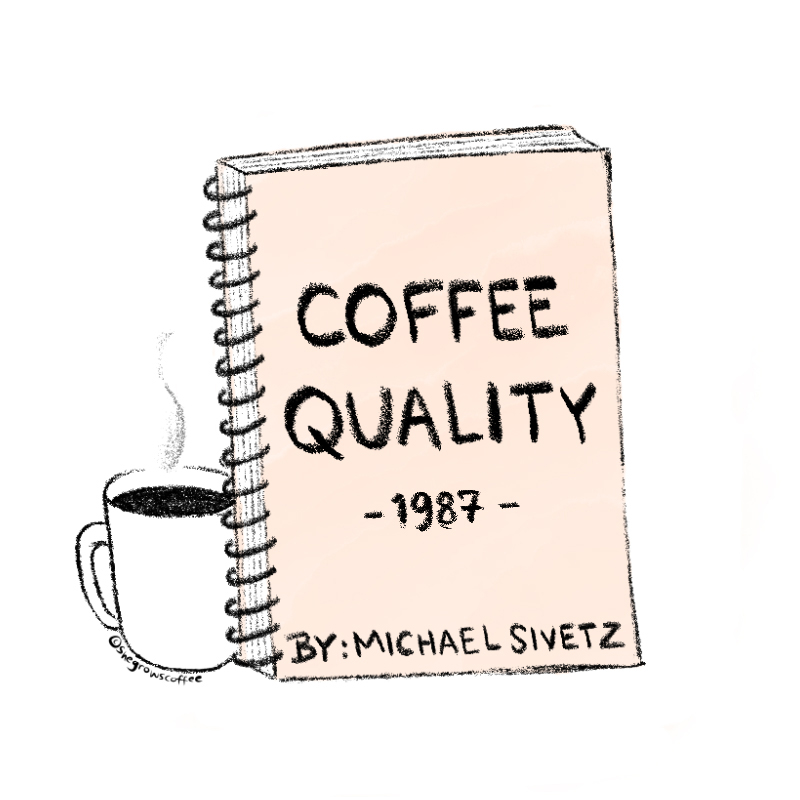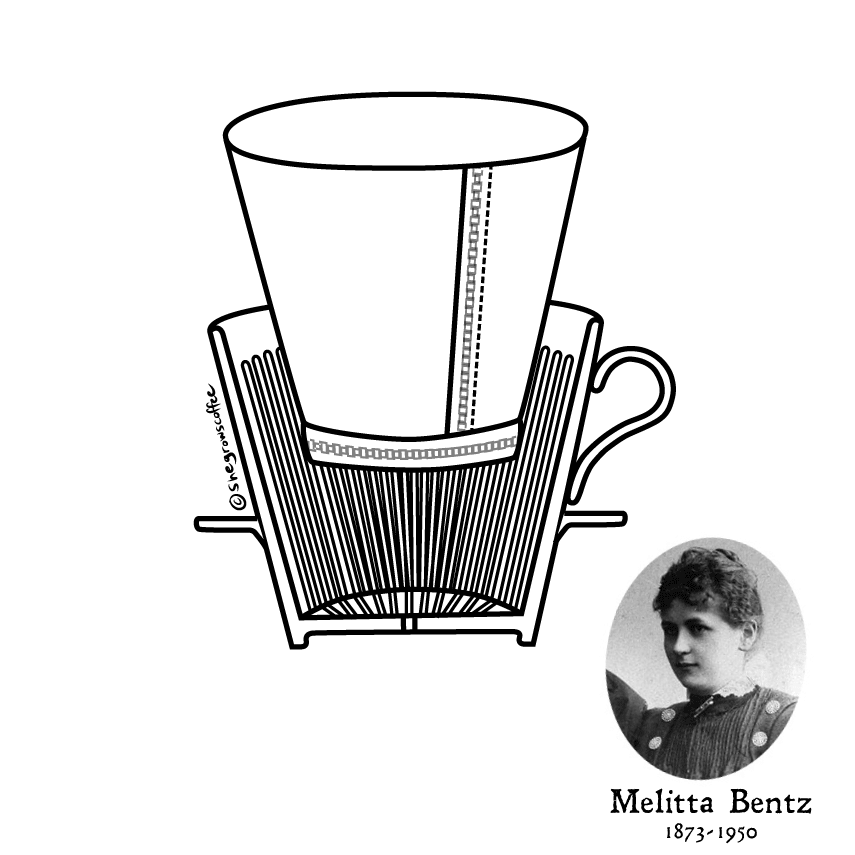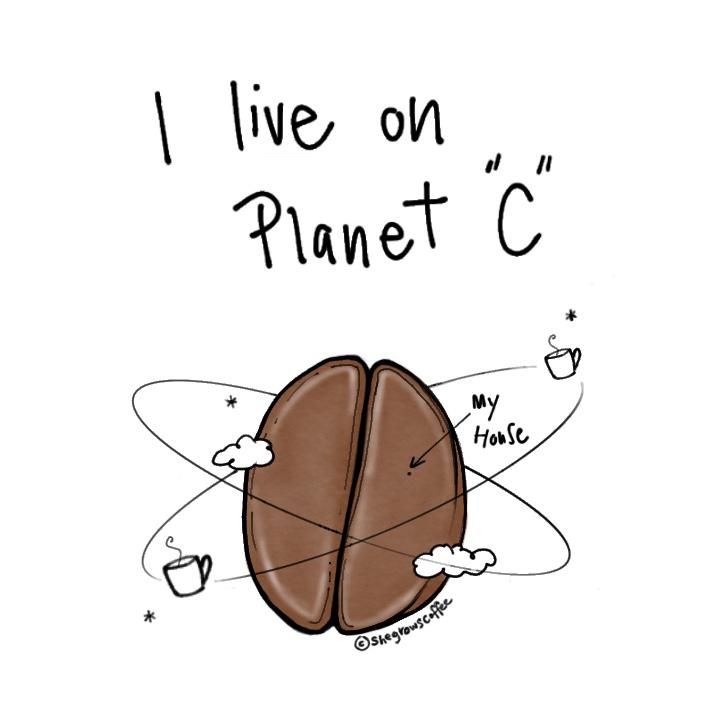About Me

“Coffee Meagan” is a moniker that was given to me by my dear friend and legendary conservationist, Dr. Jane Goodall.
How I met and became friends with her is an interesting story — though, one I’ll save for later — because the most important thing about our relationship was that we collaborated on a sustainable coffee project that partners with farmers to regrow forest and mitigate climate change.
It’s a dream come true to have worked alongside my childhood hero, and I wake up every day fueled by great coffee and inspiration thanks to this amazing woman. Dr. Goodall dedicated her entire life to justice for animals, nature, and people — And to ensuring that the vital work she did on this planet would live on in every person she touched. Now it’s up to us to pick up her work and continue together.
More About Me
- I’m a coffee person
After getting my degree in journalism, I landed my first job after university as a barista. Today, I’m proud to say that I now have over a decades’ worth of experience working in coffee. Was becoming a barista my original plan? Heck no. My coffee passion and career developed naturally.
During the last 10+ years, I’ve been exposed to all the different parts of the supply chain; Including growing, sourcing, roasting, cupping, brewing, milk frothing, retail and sales.
My love for coffee lies — not just in perfecting my morning cups — but also in understanding the social, environmental, and economic issues related to coffee’s production and world trade. My “expertise” in coffee is informed by my critical thinking training, and by my relentless pursuit for truth. The more I learn about coffee’s “problems” and lack of awareness thereof, the more curious and committed I become. - I’m also a climate warrior
A strong passion for animals and protecting natural ecosystems has always motivated me, and it’s led me to find ways to connect this with coffee. I currently work with scientists, engineers, and coffee farmers on a sustainable coffee project, aiming to spread awareness of the fact that coffee is a leading cause of deforestation in producing regions, making it a significant contributor to climate change.
I’m also deeply conscious of the fact that people are inseparable from nature. And that only if we work to improve the lives of coffee growers, can we ever hope to restore and protect the biodiversity in coffee regions and reverse coffee’s contribution to the warming of our planet.
Coffee & Deforestation
As a ripened coffee and nature-lover, I’m most concerned about the connection between our coffee habit and climate change. The way most coffee is currently produced has a big carbon footprint that contributes to climate change. And warmer, dryer weather in the tropics (due to a warming climate) is also bad for growing coffee.
After all I’ve seen, if I could make one consumer demand it would be this: I want coffee that doesn’t contribute to any more deforestation!
Every year, in Central America alone, more than 16,000 acres of forest is used to dry our coffee and consumers are largely unaware. Above, is a typical woodpile used for drying coffee that’s harvested from nearby tropical forests. And it’s not just woodpiles being used to process our coffee. Primary forests are being cleared, even in the high elevation mountains, to grow coffee out in the open where it’s exposed to pests and requires pesticides and chemical fertilizers, and these high elevation tropical forests are the some world’s most important remaining biodiversity hotspots.


⇣




